
There was no shying away from the McGuirk Stadium-sized elephant in the room Tuesday.
The University of Massachusetts’ new Athletic Director Ryan Bamford called it the “centerpiece” for future UMass athletics success, while Chancellor Kumble Subbaswamy said the University has reached a critical stage in the life cycle of one particular sport.
Yes, we’re talking football.
UMass officially announced the hiring of Bamford as the school’s seventh full-time athletic director in history on Tuesday in a lively introduction ceremony at the Football Performance Center.
The marching band played, cheerleaders were in attendance and Subbaswamy even presented Bamford with his own basketball jersey – handing over a No. 24 UMass jersey, the same number Bamford wore when he played collegiately at Ithaca College.
Excitement danced through the air and the administration beamed with pride in its newest hire, as Subbaswamy referred to Bamford as a “rising star.” There was ample discussion about the prosperous future of UMass athletics.
And football was at the forefront.
The relationship between football and the UMass community hasn’t always been harmonious. The jump to FBS hasn’t yielded favorable results on the scoreboard, but has resulted in substantial financial investments such as the Performance Center itself and has created friction between the University’s Faculty Senate and administration.
In other words, it’s been a challenge.
Bamford knows it. Subbaswamy knows it too. And neither shied away from the importance of making football work moving forward, as Bamford takes over as athletic director.
“When looking at the needs of the position and what qualities we need to take the entire athletic department to new heights, Ryan checked every box,” Subbaswamy said in an address Tuesday.
Presumably, the football box was bigger than the rest.
Bamford arrives in Amherst after working as an associate athletic director at Georgia Tech, where he oversaw football. That experience working within the Atlantic Coast Conference was crucial throughout the search process, according to Subbaswamy.
“In fact, from the very beginning as we put out a job search announcement, we said that we would prefer FBS-level experience, because clearly we’re in a transitional state having made the investments that we made in football,” he said. “Having major experience in a good football conference, a football school, was a big plus – almost a necessity. That was clearly one of the boxes.”
Bamford is leaving a football program ingrained in one of the strongest football conferences in the country that’s embedded in the football-crazy southeastern United States.
What he’s taking on is a football program that has only one year left in the Mid-American Conference, struggles to generate sustained interest and is fully preparing to take on life as an independent starting in 2016.
“Obviously the football piece, I’m not going to shy away from that in terms of conference alignment,” Bamford said when asked to elaborate on some of those challenges. “I think it’s important for us right now as we move into an independent in 2016 to raise the profile for football because that’s going to help us get into a conference.”
His goal, he says, is to find a permanent home within three to four years.
To do that, UMass will need to win games and generate interest while doing so. According to Bamford, those building blocks are already in place.
“We have a great head coach, I think people at UMass and in this region know Mark Whipple is the right guy for the job,” he said. “He’s been tremendously successful. I’ll be honest with you, that for me alone was a huge selling point just to have him here.”
But can it sell enough for fans to make the yearly trips to Gillette Stadium worthwhile again? Or better yet, can it sell conference commissioners on inviting UMass to be a member?
“As an independent, it’s hard,” Bamford said. “Our schedule is going to be tough the next couple of years and we have to manage a little bit of expectation in that. But we need help.
“And that was my call to action, to say to people, ‘Come be part of this, let’s build something together.’ So when we get into the right league for us, we can hit our mark.”
It won’t be easy, either. According to the Faculty Senate’s Ad Hoc Committee on FBS football, the audited football budget in 2014 was $7,238,764. As a member of the MAC, UMass received a portion of the conference’s overall revenue share.
It won’t have that as an independent.
“It’s going to be huge because you don’t have a conference revenue share,” Bamford said. “You don’t have a piece of the pie. That’s going to be one of our greatest challenges. And that’s where I think we have to be creative.”
What UMass believes it has is a young, inspired college administrator ready to get creative. It believes that Bamford’s experience with football, combined with his commitment to building relationships, will carry UMass athletics to national prominence – something it’s only flirting with right now.
It won’t be easy, that’s clear, as UMass has a number of football-related hurdles to jump. But both Bamford and Subbaswamy are ready to take on those challenges.
On Tuesday, one thing was for certain. Football is here to stay, and the future of UMass athletics could very much hinge on its success.
Mark Chiarelli can be reached at [email protected] and followed on Twitter @Mark_Chiarelli.

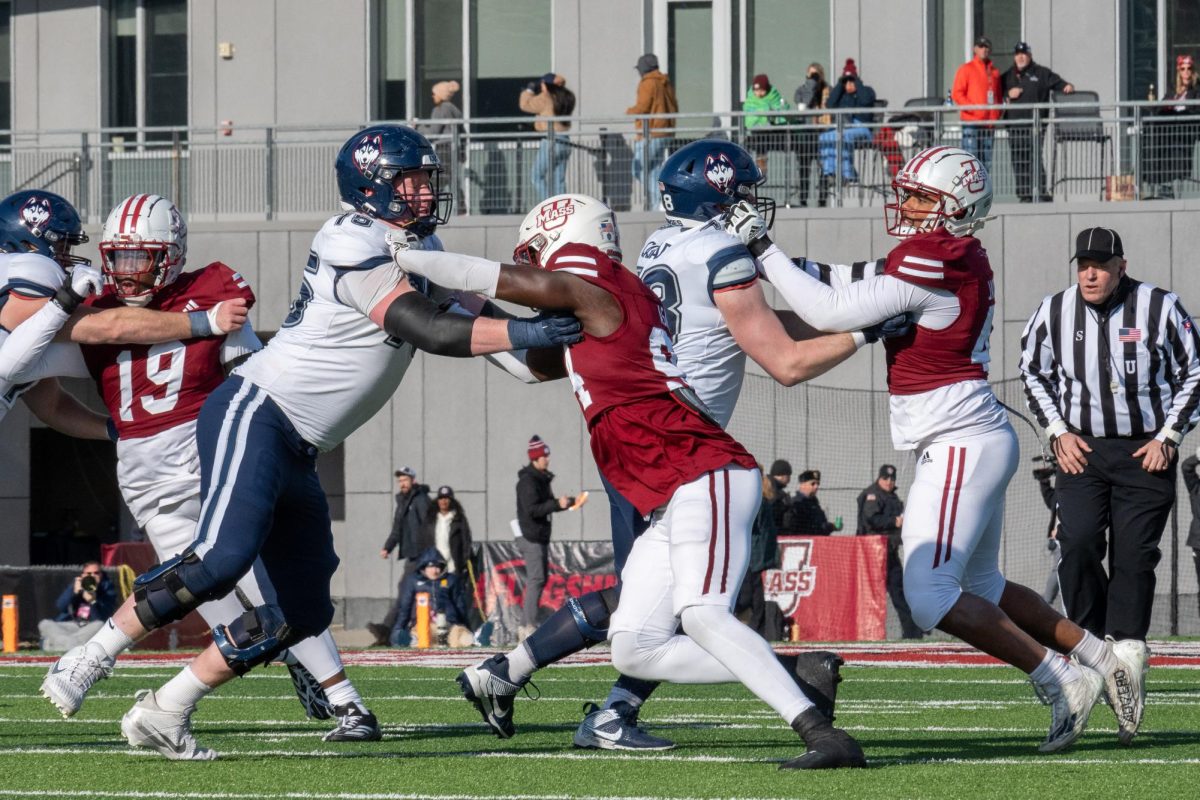
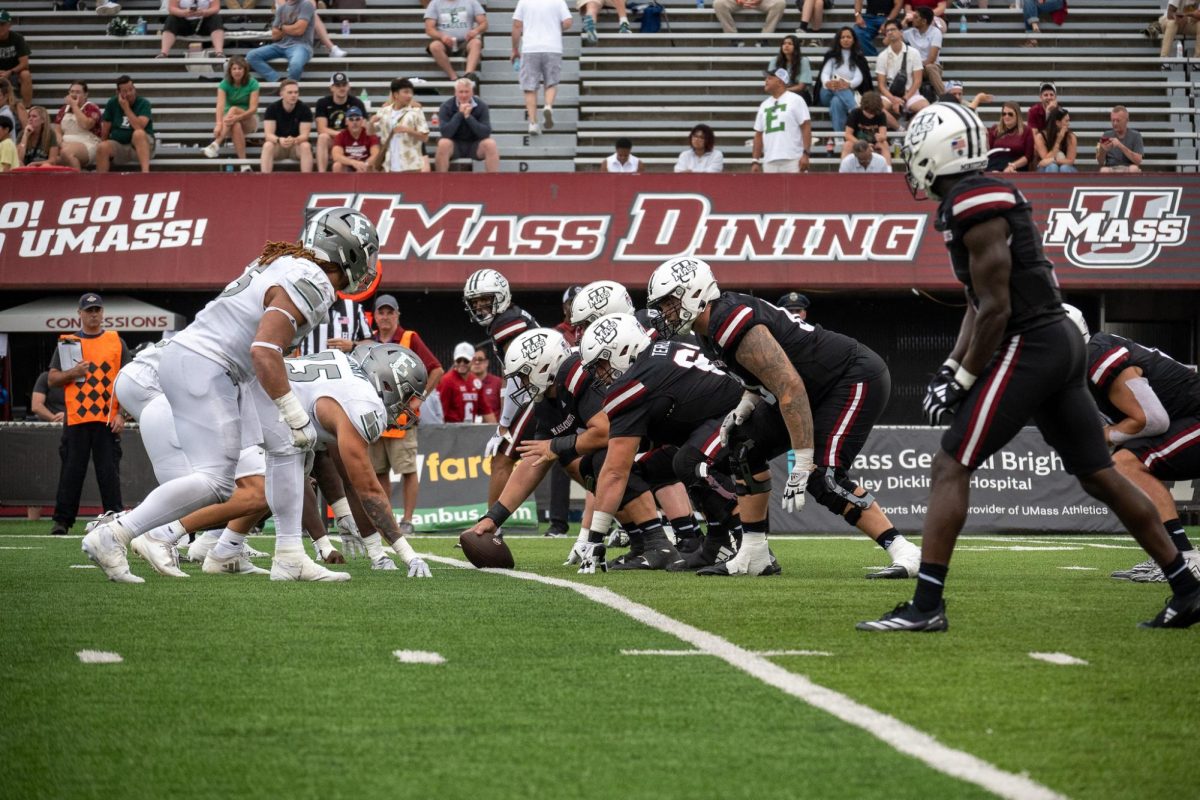
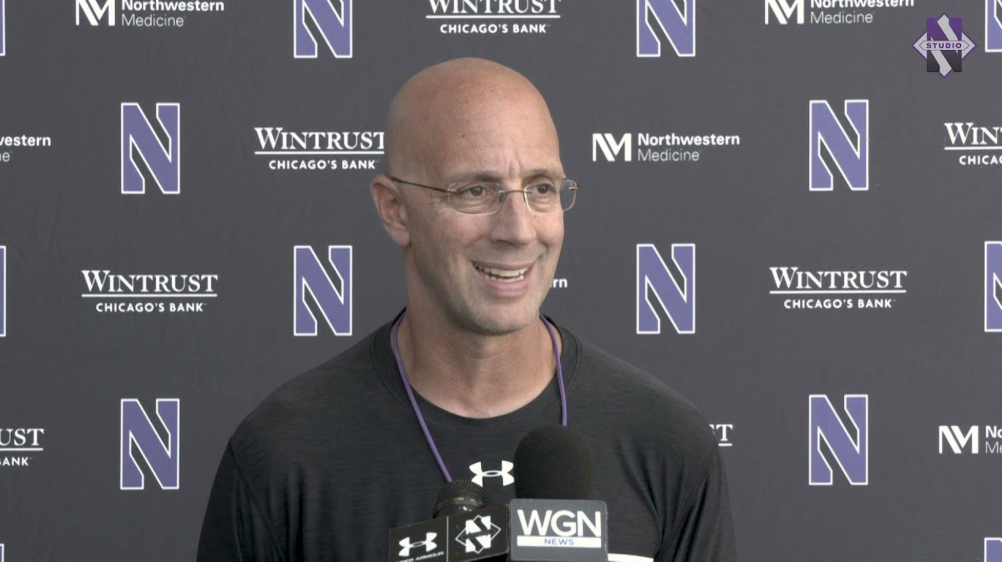
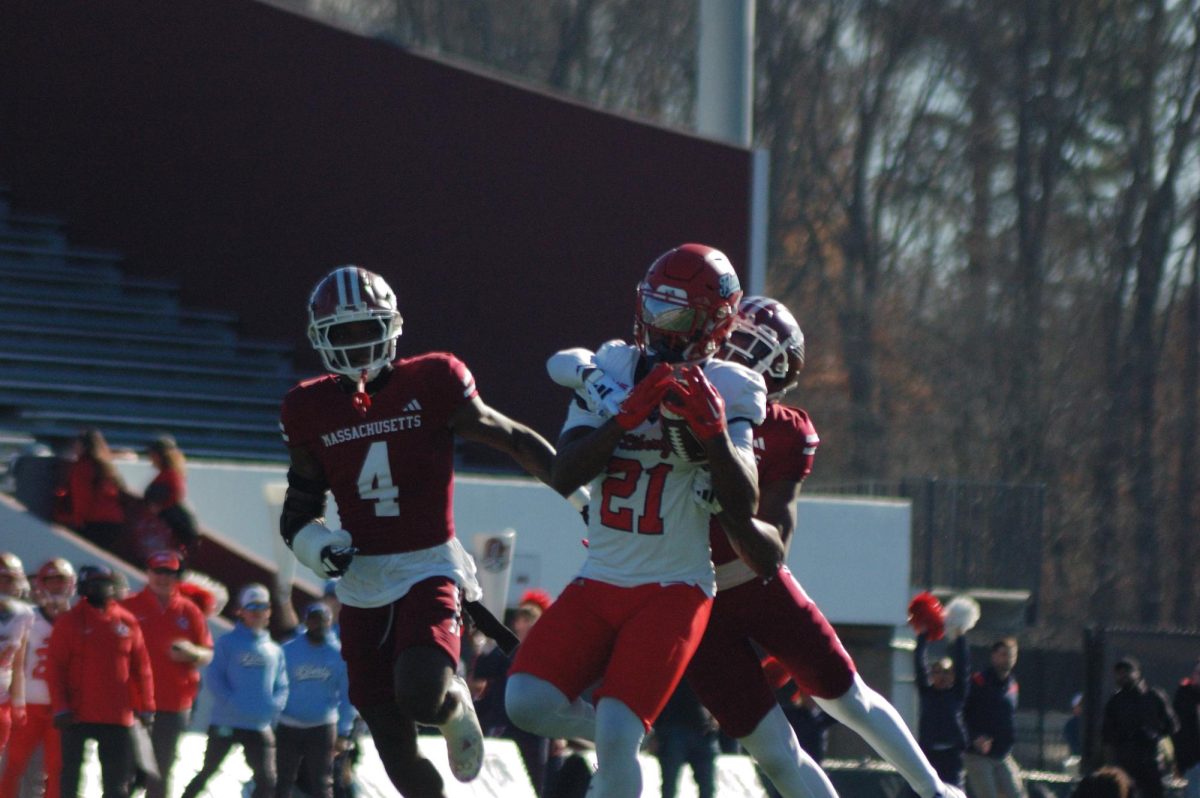
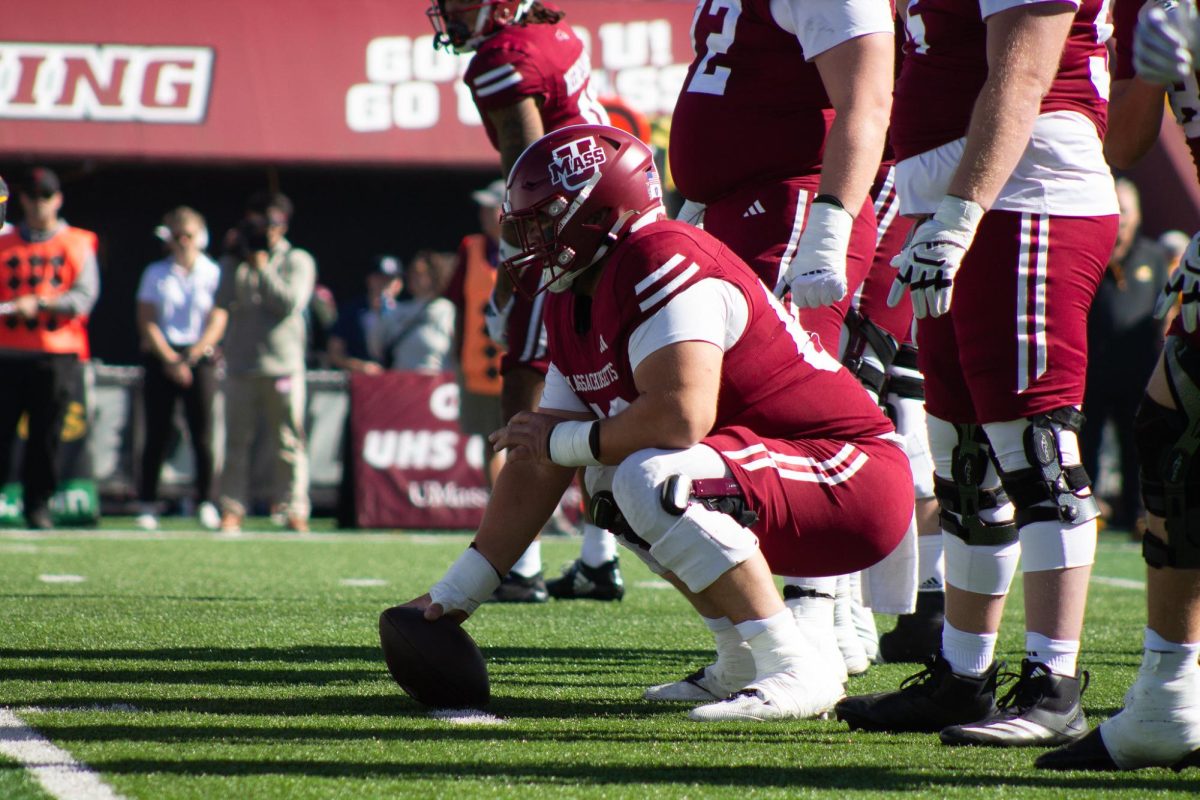
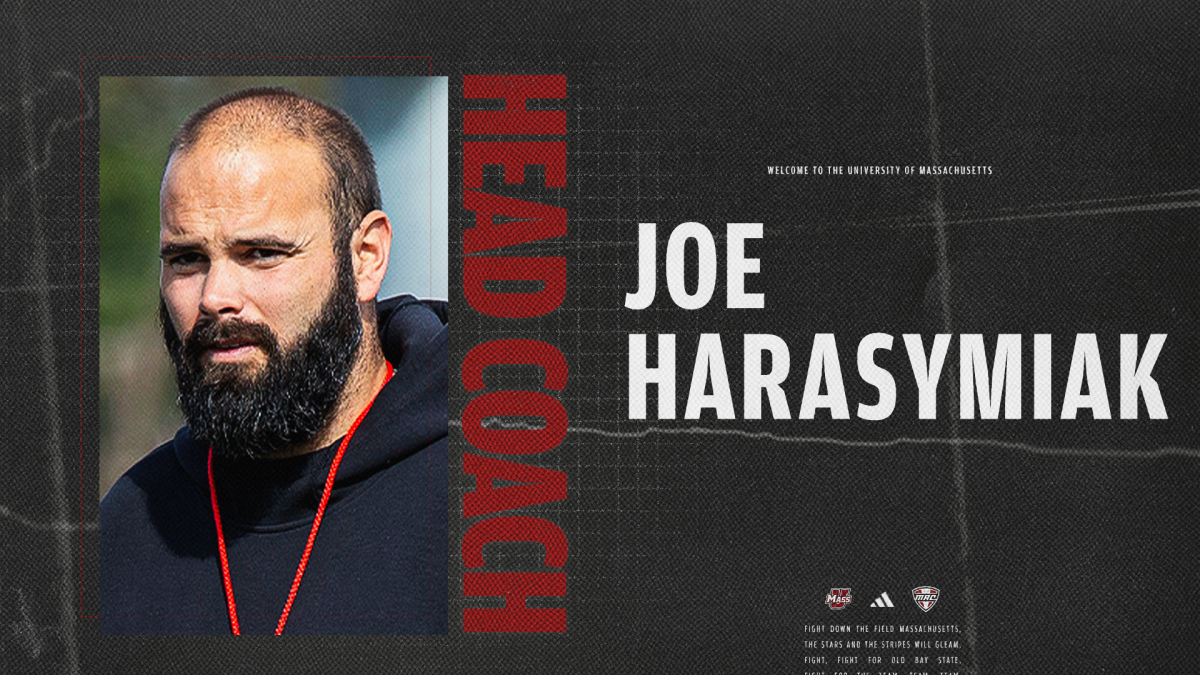












Tony Dennis • Mar 25, 2015 at 10:57 am
nice forward looking